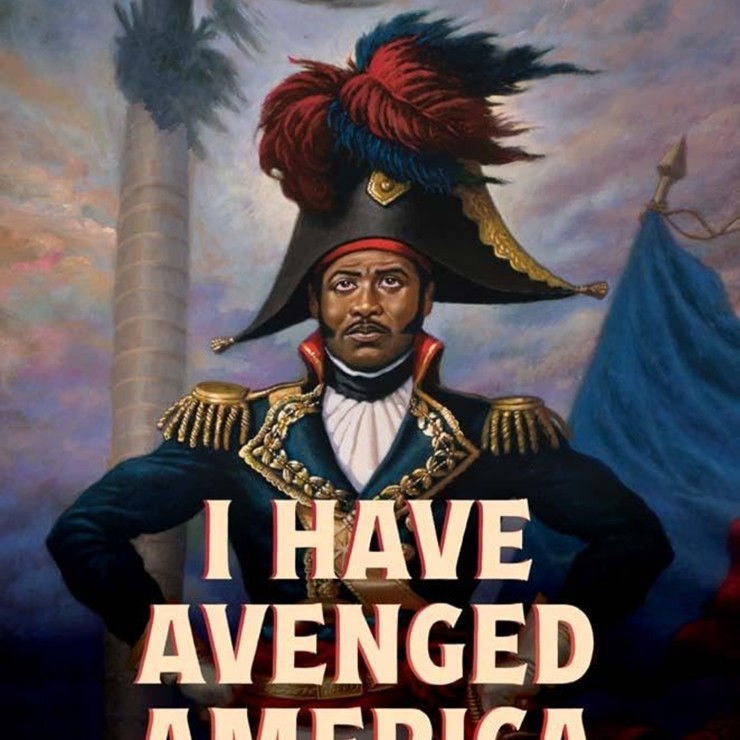
Happening at Monticello
Sorry, there are no events occurring on this day.

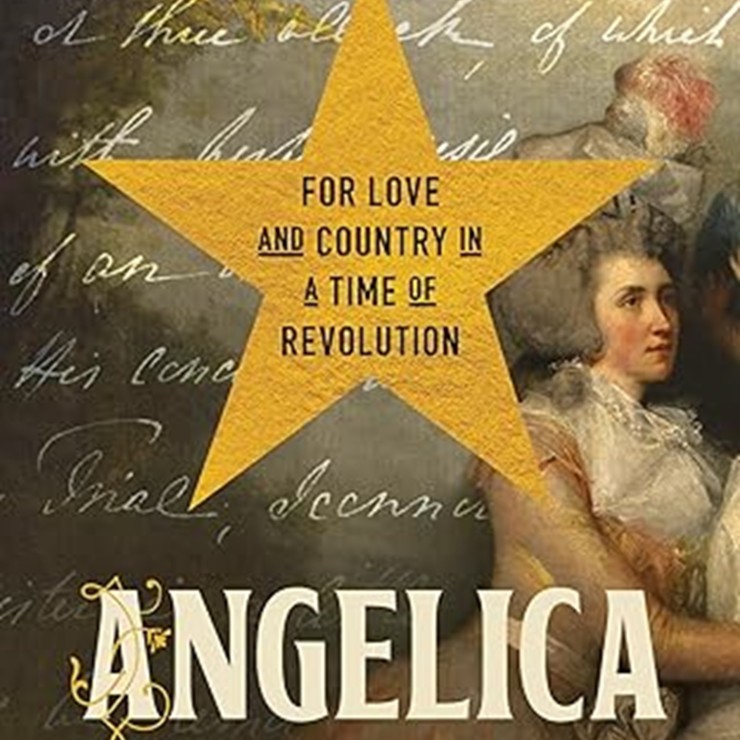
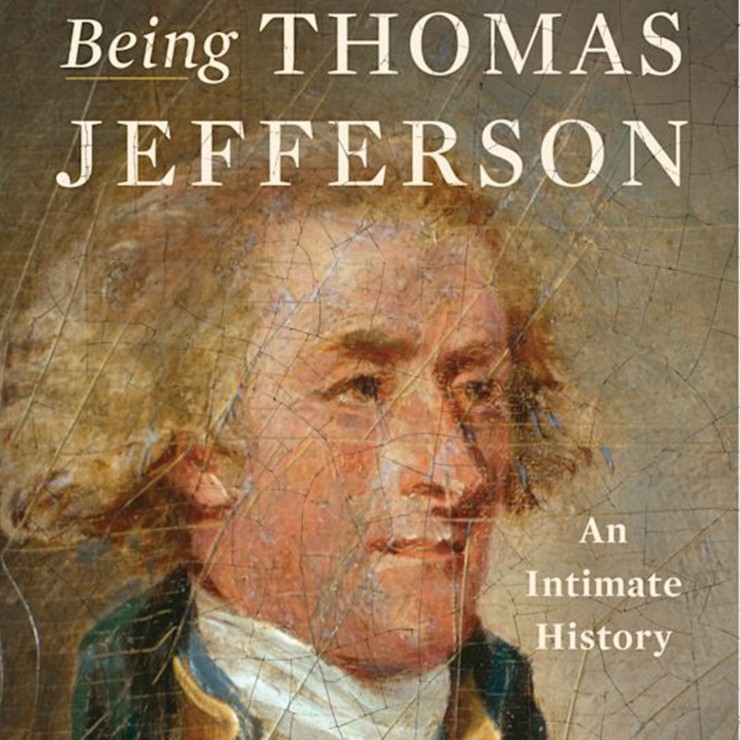
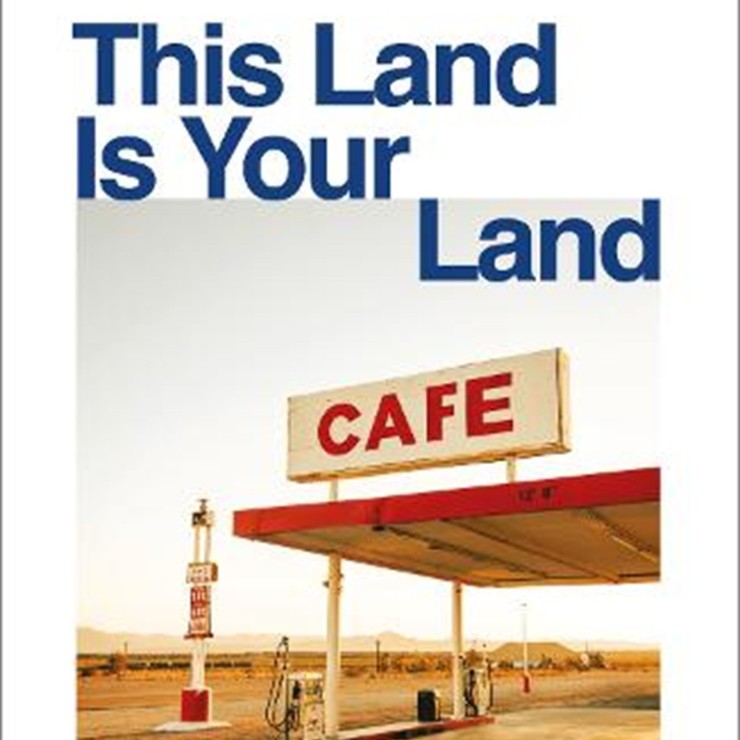
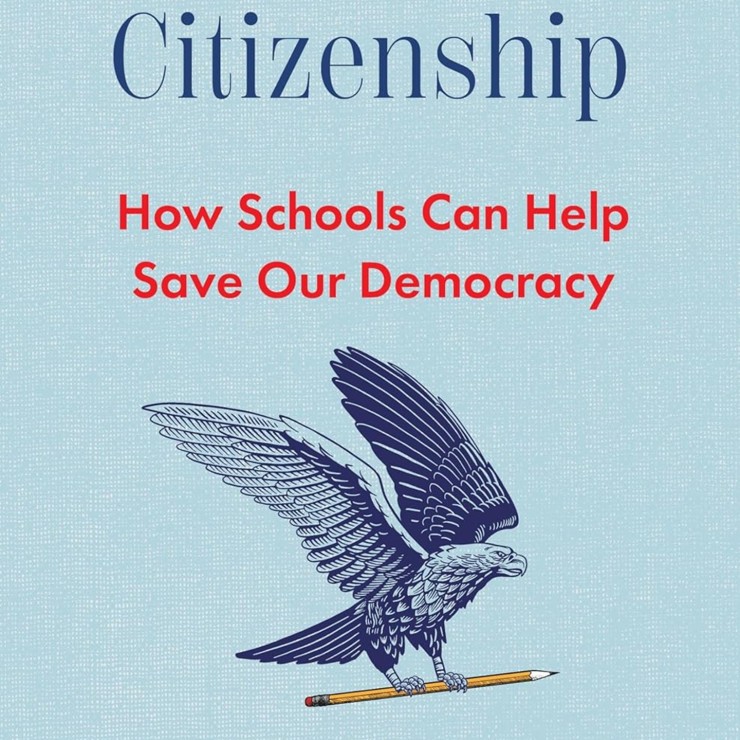
| Su | Mo | Tu | We | Th | Fr | Sa |
|---|---|---|---|---|---|---|
| Javascript must be enabled | ||||||
Sorry, there are no events occurring on this day.
ADDRESS:
1050 Monticello Loop
Charlottesville, VA 22902
GENERAL INFORMATION:
(434) 984-9800